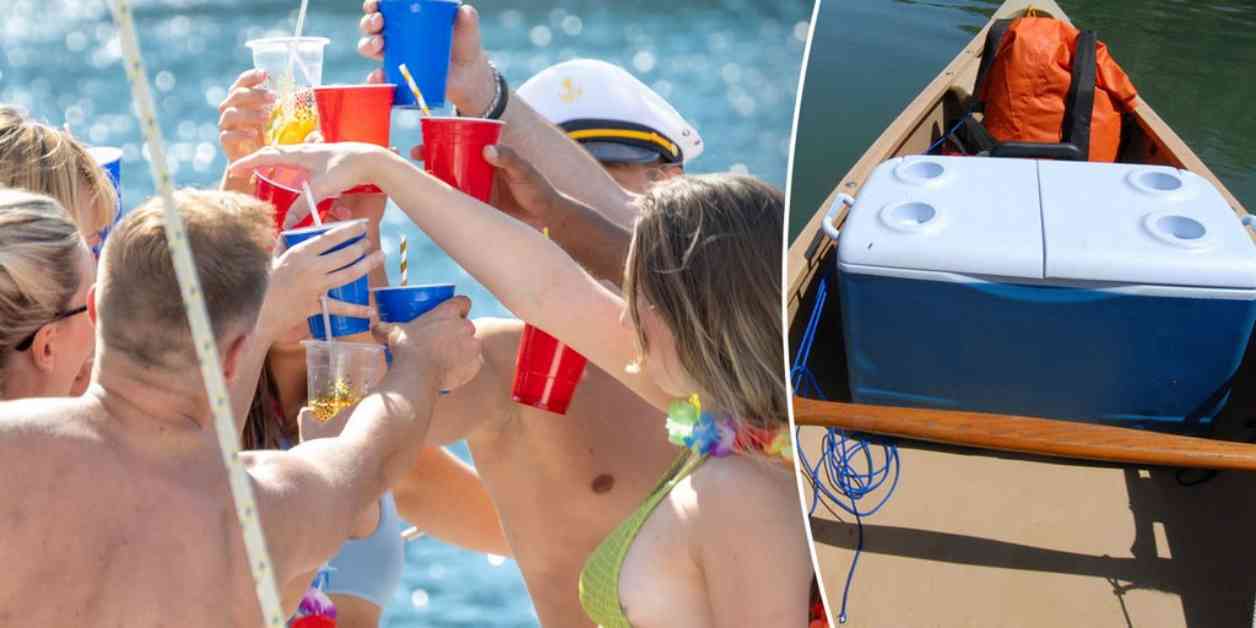Hundreds of lives are lost each year on U.S. waterways due to recreational boating accidents that can be prevented, according to the U.S. Coast Guard. Last summer, 564 deaths and 2,126 non-fatal injuries from boating accidents were reported, with the highest number of deaths occurring in the summer months of July and August. Alcohol was noted as the leading factor in those deaths, contributing to 17% of total fatalities. Intoxication also played a role in 13% of all non-fatal boating injuries and property damage, which totaled $63 million in 2023.
“Just as with driving drunk on the road, boating under the influence is illegal and can have deadly consequences,” water safety experts told Fox News Digital. Alcohol is known to cause impaired judgment, balance, coordination, and reaction time — all of which can put boat operators and their passengers at risk for accidents and fatalities.
Alcohol consumption on the water can be more hazardous than on land due to the marine environment’s motion, vibration, engine, noise, sun, wind, and spray, which accelerates a user’s impairment. Drinking while boating or swimming is a lethal combination, especially among young adults. A boat operator with a blood alcohol concentration (BAC) above 0.10% is more than 10 times as likely to die in a boating accident compared to an individual who did not consume alcohol.
Alcohol also contributes to nearly a third of drownings each year, as reported by the U.S. Centers for Disease Control and Prevention. Boating under the influence of alcohol or drugs (BUI) is illegal in every state with penalties that can include fines, loss of boating privileges, and even jail time.
Aside from alcohol consumption, factors like operator inattention or inexperience, improper lookout, excessive speed, and failure of machinery were cited as contributing factors in boating accidents. The U.S. Coast Guard recommends following safety tips while boating to prevent accidents and ensure the well-being of everyone on board.
Designating a “sober captain” who refrains from consuming alcohol or drugs and remains alert while piloting the vessel is crucial for everyone’s safety. Bringing along non-alcoholic beverages can help deter passengers and the boat operator from drinking alcohol. Staying vigilant on the water, wearing US Coast Guard-approved life jackets, performing a vessel safety check, ensuring safe pickups in case of someone falling overboard, and considering taking a boating safety course are additional tips provided by the Coast Guard to prevent accidents and fatalities while boating.
By following these safety tips and being responsible while boating, individuals can enjoy the water safely and prevent tragedies caused by alcohol consumption and other risk factors associated with boating accidents. Remember, safety should always be a top priority while enjoying recreational activities on the water.


















